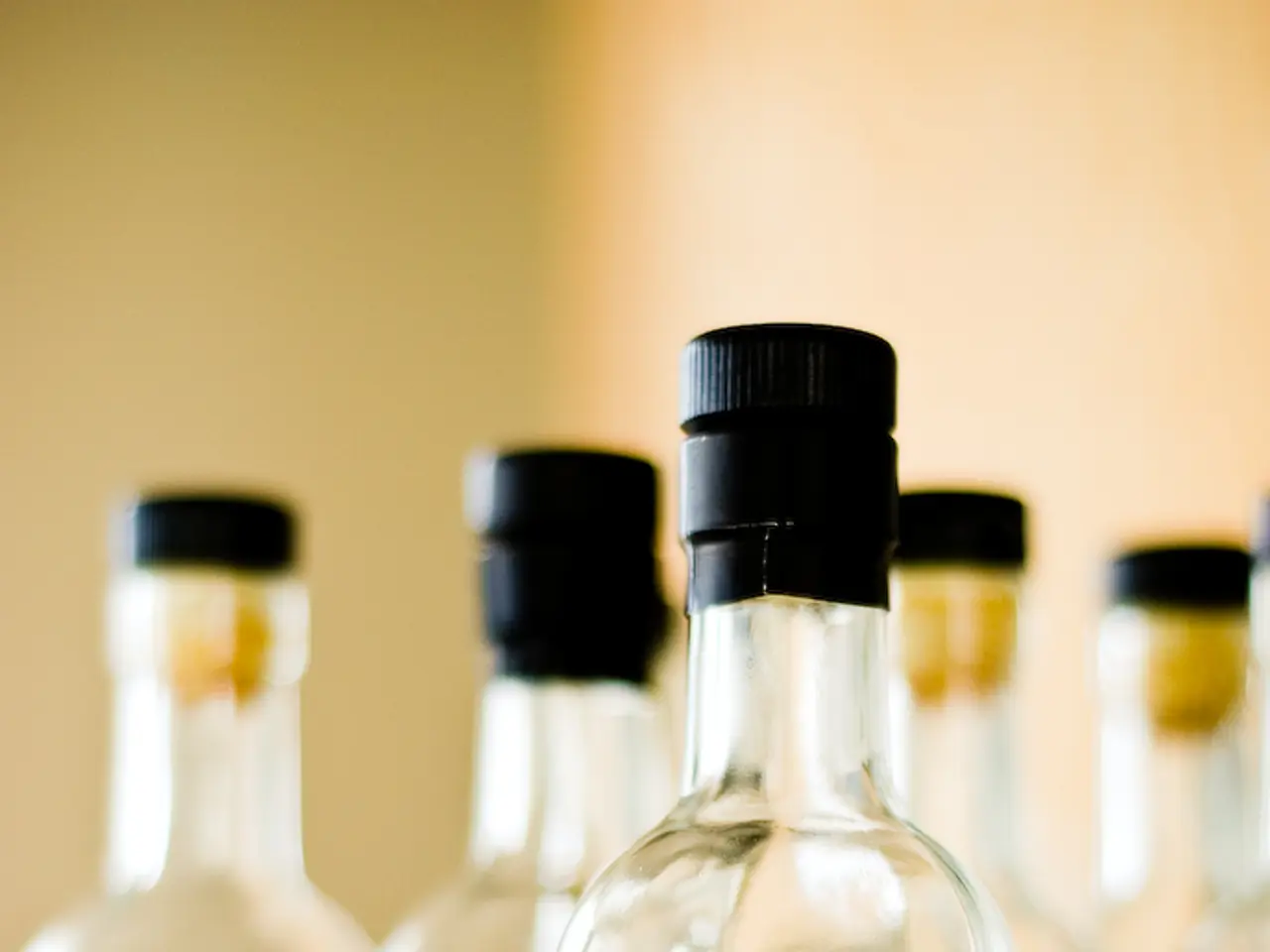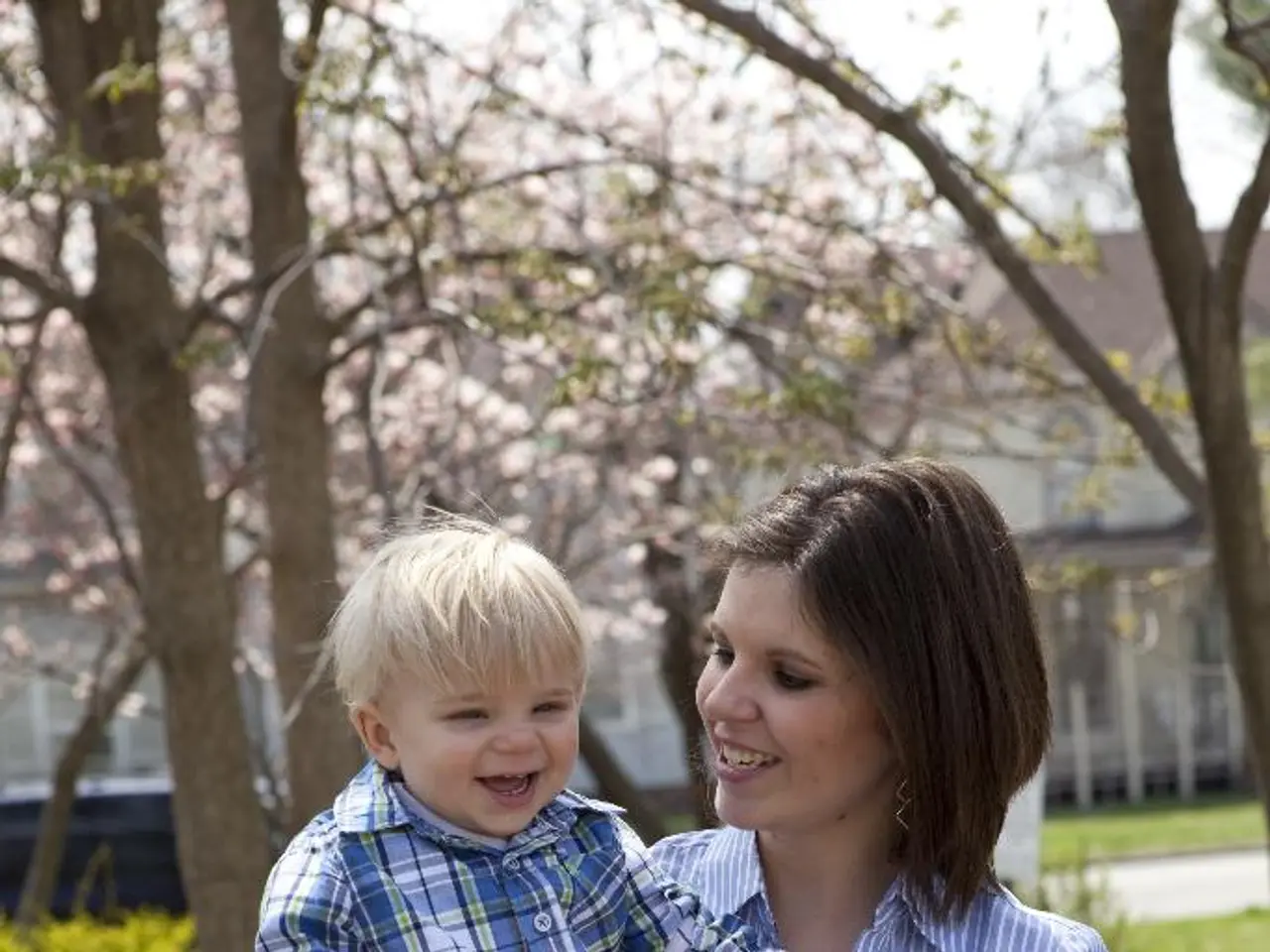Thai government plans to modify alcohol regulations
The Thai government is on the brink of modernizing its alcohol laws with the anticipated enactment of amendments to the Alcohol Control Act 2008. The changes, currently under review, aim to strike a balance between promoting responsible tourism, supporting local breweries, and reducing alcohol-related harm.
One of the significant changes involves the **maximum fine for selling alcohol to minors (under 20 years of age)**. The proposed fine will be increased from 20,000 baht to 50,000 baht, a move designed to strengthen enforcement and prevent underage drinking.
The bill also proposes to **remove outdated military-era restrictions** on legal drinking hours, which had been set from 11 a.m. to 2 p.m. and 5 p.m. to midnight. New permissible sales hours will be determined by a designated committee, aiming to modernize and simplify the regulations while addressing public health concerns.
Exceptions for alcohol sales are made for international airport terminals, licensed entertainment venues, and hotels to boost tourism and economic activity. This more liberalized approach reflects the government's commitment to catering to tourism needs.
Alcohol sales and consumption continue to be prohibited on trains and most railway stations to uphold safety and social order. However, a designated room within Bangkok's Hua Lamphong railway station will be permitted to sell alcohol under controlled conditions. The Ministry of Public Health is working on detailed announcements and regulations regarding these sales.
The amendments are part of a broader government initiative to modernize alcohol laws, support smaller breweries, boost tourism, and reduce alcohol-related harm. This includes the "Zero Drink, Zero Death" campaign, which will coincide with National No Alcohol Day on July 11, falling on Buddhist Lent Day.
The new rules took effect in part from June 27, 2025, with ongoing legal review and finalization expected shortly. The prime minister has signed an order for alcohol sales at Hua Lamphong railway station, and the new bill will formally repeal National Peace Keeping Council Order No 253, dating back to 1972, which sets the legal hours for alcohol sales.
The Ministry of Public Health expects the scrutiny of the new bill amending the Alcohol Control Act 2008 to be completed later this month. Two ministerial directives concerning entertainment venues and tourism activities during major Buddhist holidays are still pending. The bill aims to avoid conflict with other laws and to ensure that the rights of both drinkers and non-drinkers are respected.
- The policy-and-legislation changes to Thailand's Alcohol Control Act 2008 extend beyond selling alcohol to minors, as the bill also aims to remove outdated military-era restrictions on legal drinking hours to modernize and simplify regulations, all while addressing public health concerns related to mental-health and health-and-wellness.
- The Thai government's amendments to the Alcohol Control Act 2008 not only include stricter penalties for violators, such as increasing the maximum fine for selling alcohol to minors, but also exhibit a commitment to politics by catering to tourism needs, as alcohol sales are permitted in international airport terminals, licensed entertainment venues, and hotels.
- General-news reports on the proposed amendments to the Alcohol Control Act 2008 highlight the Thai government's increasing focus on science and its impact on the nation's health and wellness, evidenced by the "Zero Drink, Zero Death" campaign and National No Alcohol Day, which are part of a broader government initiative to modernize alcohol laws, support smaller breweries, boost tourism, and reduce alcohol-related harm.




